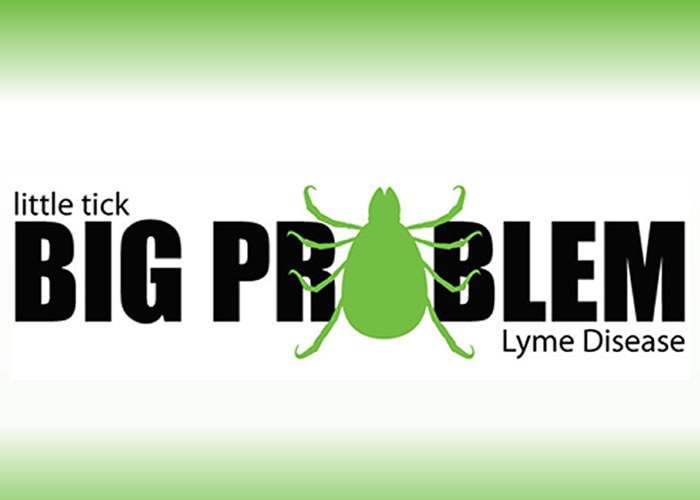Lyme bill: How patients’ voices nearly were silenced by Congress
Poughkeepsie Journal, Dec. 16, 2016:
By John Ferro
For the longest time, those afflicted with Lyme disease — and the people who advocate for them — have sought a seat at the table.
They’ve wanted to be heard, in a meaningful way, by those who set policy about disease definitions, treatment standards, insurance coverage and other issues that have surrounded the debate over chronic Lyme disease.
Pain, after all, is a great motivator.
That longing has been behind a number of efforts, including one led by local U.S. Rep. Chris Gibson, Republican of Kinderhook, to make sure those voices were heard. In the mid-Hudson Valley, Lyme has been a growing concern. For example, in 2014 Dutchess County had 655 Lyme diseases cases, according to New York state.
Gibson crafted language included in the recently-passed 21st Century Cures Act that, among other things, creates a permanent working group. The group will have a direct say in federal research priorities.
The Department of Health and Human Services secretary will also be required to consult with the group and submit a strategic plan to Congress within three years that includes benchmarks to measure progress.
Most importantly, that group will include patients and their advocates.
It almost didn’t happen. The story of how it was saved should inspire anyone who thinks grassroots efforts can’t achieve meaningful goals.
Some background first:
The 21st Century Cures Act is a sweeping measure, of which the Lyme language is only a small part. The legislation has been subject to other debates that have nothing to do with Lyme.
That likely is why it took much longer to get it through both the House and the Senate than Gibson and U.S. Rep Sean Patrick Maloney predicted when they celebrated passage of an earlier version in the summer of 2015, the press conference held on the patio of the Poughkeepsie Journal building.
Things looked hopeful for the Lyme community until the Sunday after Thanksgiving. That’s when a draft of the amended bill, approved by House and Senate negotiators, revealed the language essentially had been stripped out.
No longer would the Department of Health and Human Services be required to create the group. The wording had been changed from “shall establish” to “may establish,” which pretty much meant “won’t establish” the group. And even if the group was established, the new language had nothing about patients or their advocates.
It was clear certain members of Congress, and perhaps certain agencies, didn’t want these people anywhere near the table.





